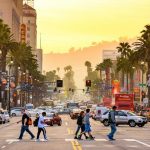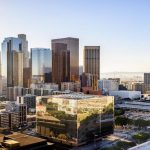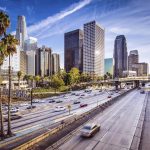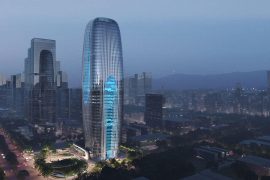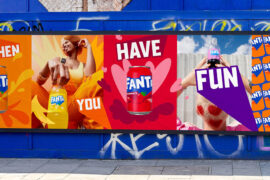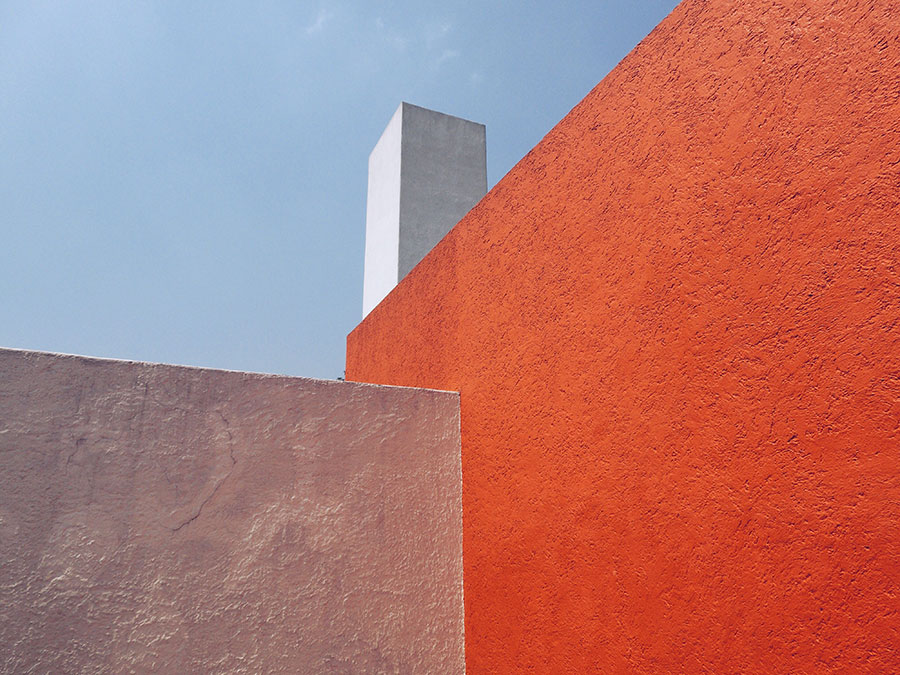Los Angeles officials voted on a motion to implement the first Park Block, a pilot project that will create a network of car-free city streets to open up public spaces to pedestrians and cyclists, NBC Los Angeles reported. The plan is inspired by Barcelona’s Superblocks program, which creates groups of nine blocks in the Eixample district and restricts traffic to the outer streets, freeing up the rest of the streets for pedestrians and local traffic. The plan, implemented in 2016, has resulted in a reduction in air pollution, urban noise, and deaths from road accidents. A similar program is now planned for Los Angeles, USA. The Barcelona strategy, called “Superilla” locally, has proven effective in reducing air pollution, urban noise, and traffic accidents. By restricting traffic, the remaining streets are freed for other functions, resulting in a hierarchical shift of urban entities, with the newly unified city blocks promoting social cohesion and activating adjacent public spaces. Restoring new public spaces increases the range of benefits: landscaped areas and permeable areas help reduce the impact of urban heat islands and lower urban temperatures. In Los Angeles, the program is scheduled to roll out in Leon’s 14th Ward, which includes neighborhoods such as Downtown, Boyle Heights, and Eagle Rock. The local Department of Transport is responsible for determining the exact location of the first package, giving priority to disadvantaged communities as noted in the Transport Committee’s official report. Exemplified by other successful initiatives, the Park Block Program aims to create a custom solution tailored to the needs of Los Angeles. As a result, priority areas were selected among communities “that have the lowest access to public space, the greatest health disparities, the highest population densities, and the desire to participate in the program,” according to the official report. Earlier this year, Los Angeles officials approved a policy requiring new buildings within city limits to be designed to use pure electric power. This makes Los Angeles the second-largest city in the United States to mandate a definitive fossil-fuel conversion for new construction. Other regions of the world are also enacting legislation to improve the quality of life for their residents while working to mitigate the impact of the climate crisis. France has passed a new law requiring all large car parks to be covered with solar panels. Other measures target specific needs, such as the climate protection program in Barcelona or the CoolRoofs initiative in New York City.
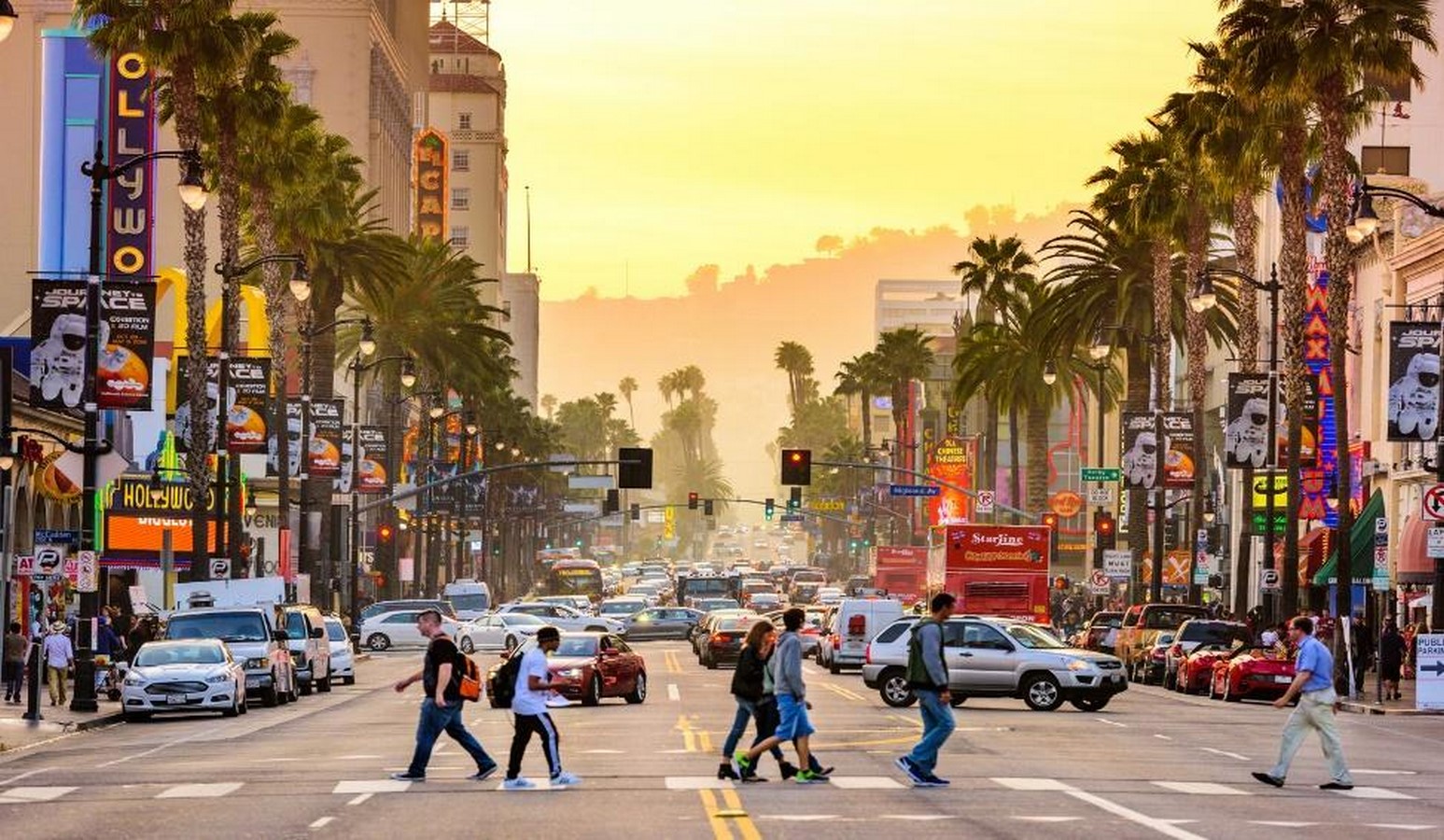
Boulevard _©Sean Pavone
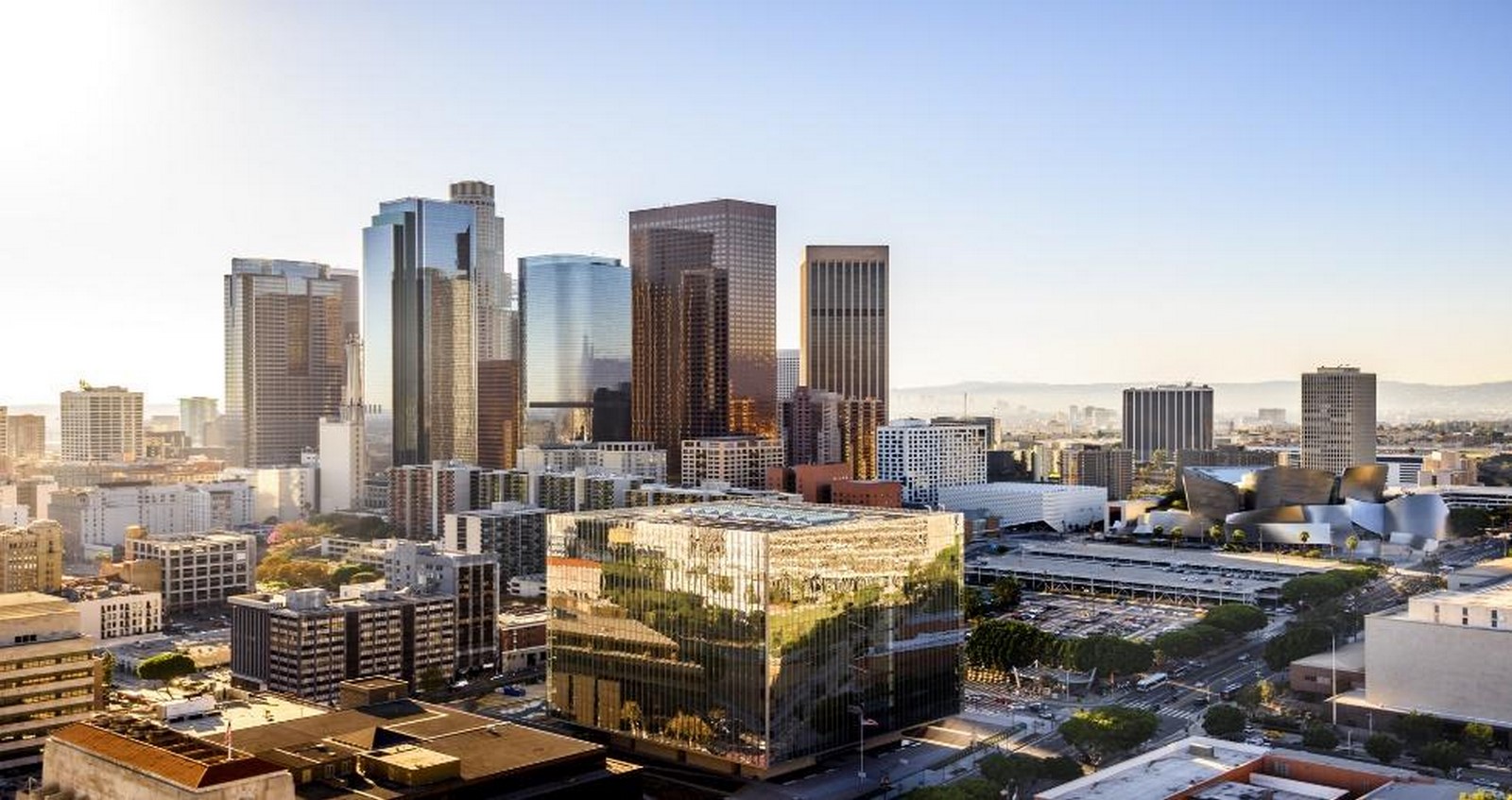
ABOUT
Known locally as “Superilla,” Barcelona’s Superblock program has effectively transformed city blocks into vibrant, community-focused areas. By restricting traffic to the outer streets of nine-block clusters in the Eixample borough, the initiative cleared the inner streets for pedestrians and local traffic only. This hierarchical change in urban entities reduced pollution and accidents, promoted social cohesion, and activated adjacent public spaces. Incorporating natural elements such as planted areas and porous surfaces has further contributed to lowering urban temperatures and combating urban heat islands.n Los Angeles, the Park Block program is implemented in District 14 of León and includes neighborhoods such as Downtown, Boyle Heights, and Eagle Rock. The local Department of Transportation was tasked with choosing the exact location for the first block of the park. The priority in this selection process is to favor disadvantaged communities with limited access to public space, greater health inequalities, and high population densities, as indicated in the Transport Committee’s official report. The focus of the Park Block program is to learn from successful initiatives like the Barcelona Superblock but also to create a customized solution that meets the unique needs of Los Angeles. The initiative addresses the specific challenges faced by different communities within the city. By focusing on areas that require better access to public spaces and welcome participation in the program, the Park Block initiative aims to make a significant and positive impact. This action by the Los Angeles authorities is consistent with other actions regions around the world have taken to improve the quality of life for residents while addressing the challenges of the climate crisis. Earlier this year, Los Angeles officials approved a policy requiring new buildings in the city to be all-electric, reaffirming the city’s commitment to transitioning new construction to fossil fuels. In addition, France recently passed a law that requires large car parks to be equipped with solar panels. At the same time, New York City launched the CoolRoofs initiative to combat urban heat and promote energy efficiency. As Los Angeles prepares to implement its first block of parks, citizens can look forward to transforming their neighborhoods into safer, cleaner, and more vibrant spaces. By reducing traffic, the initiative will create opportunities for social interaction and active transportation, thereby contributing to a healthier and more sustainable city. As the first step in a larger plan to expand the Park Block program citywide, it represents a promising approach to a greener, more people-centric urban environment for Los Angeles.”Parking blocks can save lives lost to poor air quality and traffic violence,” the city council’s transportation committee said in a report. “You can instantly create shaded public open spaces, outdoor recreation, parkland, and stormwater collection facilities in communities that desperately need parks. And they can be achieved through participatory and personalized public processes.”The report also noted that the pilot program should prioritize neighborhoods with the lowest access to public spaces, the highest population densities, and the greatest health inequalities.
The program builds on the Superilla or Superblock program that began in Barcelona in 2016. The Superblock initiative aims to transform the city’s traffic-calmed streets into car-free spaces for the public. These blocks restrict car traffic but provide more space for bikes and public transit and many spaces are being converted into parks and green corridors. The results of the Barcelona program are evident.
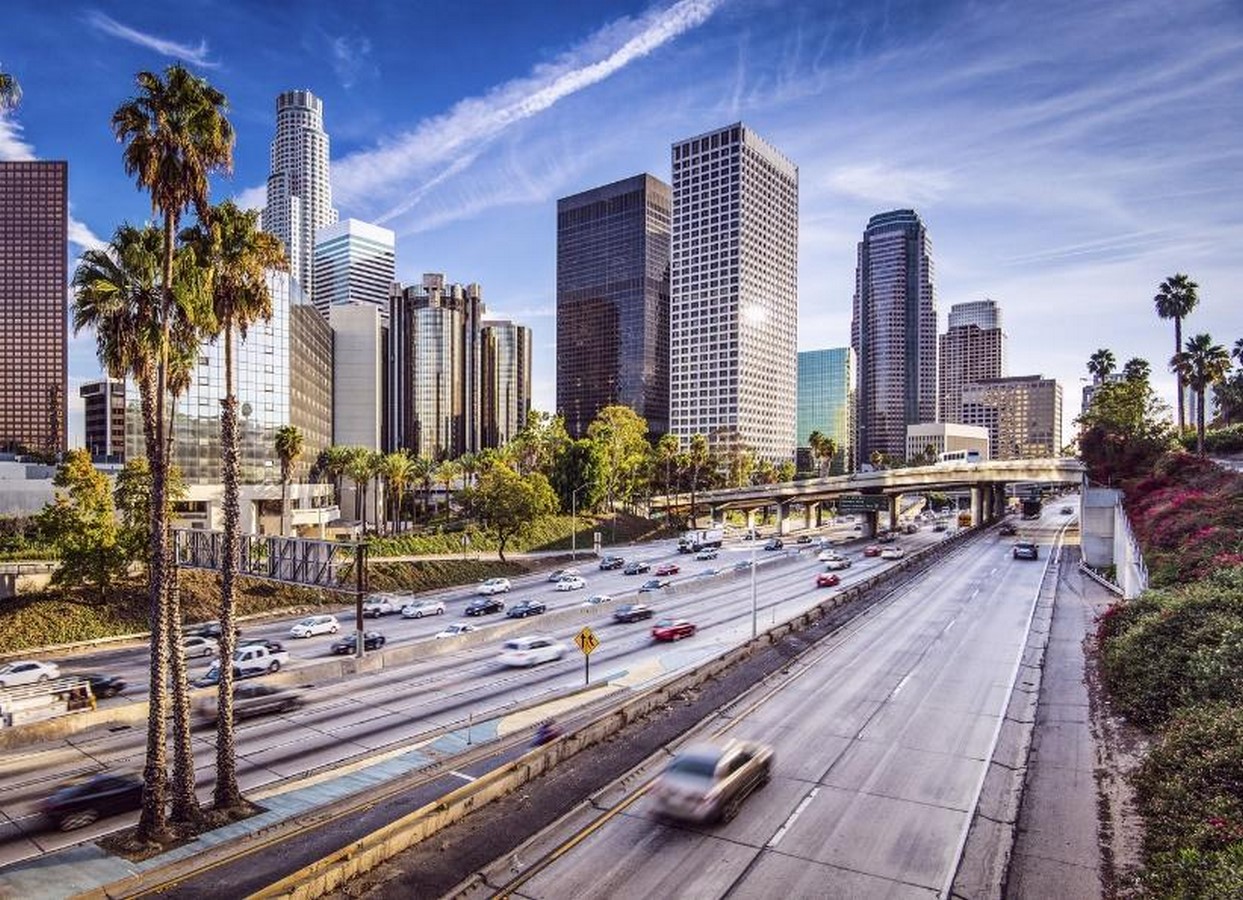
REFERENCES
- Online sources
Gallery of Los Angeles plans to implement the park block pilot, a car-free grid inspired by Barcelona’s Superblock Model – 5 (no date) ArchDaily. Available at: https://www.archdaily.com/1004908/los-angeles-plans-to-implement-the-park-block-pilot-a-car-free-grid-inspired-by-barcelonas-superblock-model/64ca2e2d4b883f6aac40ceb6-los-angeles-plans-to-implement-the-park-block-pilot-a-car-free-grid-inspired-by-barcelonas-superblock-model-photo (Accessed: 24 August 2023).
Los Angeles approves car-free ‘Superblock’ pilot program (no date) Archinect. Available at: https://archinect.com/news/article/150354811/los-angeles-approves-car-free-superblock-pilot-program (Accessed: 24 August 2023).



